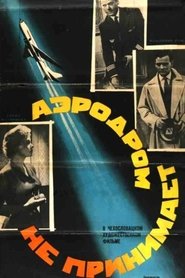detail profile ferdinand havl c3 adk
Peran Yang Di Mainkan Ferdinand Havlík
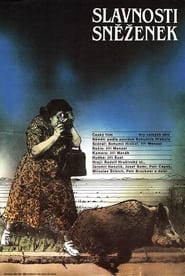 This movie is based on texts...
This movie is based on texts...The Snowdrop Festival 1984
This movie is based on texts of Bohumil Hrabal, world-known Czech prosaic. It's a story (in a form of a mosaic of short episodes and pictures) about the sadness and happiness of inhabitants of Kersko (Kersko is a small woody area full of cottages and roods). These people are both simple and sensitive, they have their own pleasures (e.g. Leli is a collector of cheap, but inutile things) and the greatest delight of all of them is a hunting. Crude poetics of amateur hunting is screened by dreamy pictures of this area. Menzel mixes sentimental lyricism and rough (but not vulgar!) humor and the outcome is the never-ending landscape of continuous life in the proximate nearness of nature. The performances of actors are brilliant. Both Rudolf Hrusinsky as a Franz and Jaromír Hanzlik as a Leli have nonrecurring charm bottomed on a pain and inebriation. Only the music is not perfect: Jiri Sust usually assembled his film music from his older works and in this movie there is many quotations.
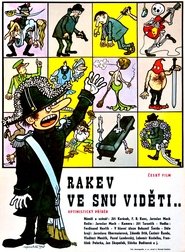 The Ronov castle has been changed...
The Ronov castle has been changed...„Rakev ve snu viděti...“ 1968
The Ronov castle has been changed into a hotel, offering stylish facilities to its guests: weddings in the torture chamber, a Black Lancer kidnapping brides, a night's lodging in a family tomb etc. The reformed petty swindler Felix Pacínek (Bohumil Smída) runs the hotel. The business is far from thriving; the place is half-empty, and the jazz band Skeleton, together with their singer Zuzanka (Jaroslava Obermaierová), decide to leave. Nobody in the hotel has any idea that the band is in fact a gang of thieves who have just robbed the Prague State Bank, taking two million crowns from its vaults.
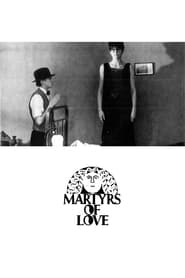 This threepart ballad which often uses...
This threepart ballad which often uses...Martyrs of Love 1967
This three-part ballad, which often uses music to stand in for dialogue, remains the most perfect embodiment of Nemec’s vision of a film world independent of reality. Mounting a defense of timid, inhibited, clumsy, and unsuccessful individuals, the three protagonists are a complete antithesis of the industrious heroes of socialist aesthetics. Martyrs of Love cemented Nemec’s reputation as the kind of unrestrained nonconformist the Communist establishment considered the most dangerous to their ideology.
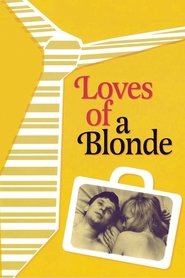 Andula an innocent Czech girl from...
Andula an innocent Czech girl from...Loves of a Blonde 1965
Andula, an innocent Czech girl from a factory town, is desperately in search of love. She believes she's found it when she beds Milda, a charming young musician visiting from Prague. Milda, however, is only looking for a casual encounter, and leaves town assuming he'll never see Andula again. But when Andula doesn't hear from him, she packs up and heads to Prague, to the surprise of Milda and his parents.
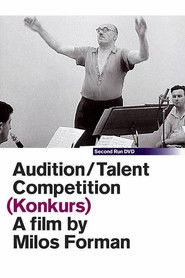 Two closely related episodes Youths make...
Two closely related episodes Youths make...Audition 1964
Two closely related episodes. Youths make problems for two local orchestras about to compete nationally, and in a talent competition a young girl gets stage fright, while another lies to her boss to compete.


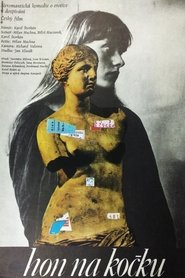
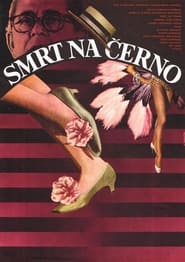
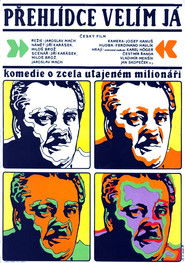
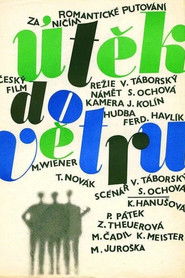
 A military base An awkward soldier...
A military base An awkward soldier...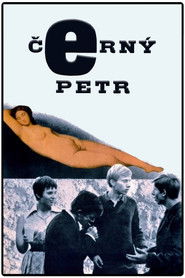 A few days in the life...
A few days in the life...